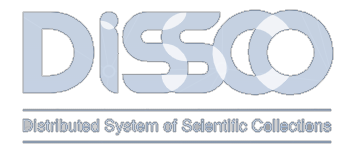|
Description
|
Climate changes, which include human contributions, produce heavy stresses on Antarctic ecosystem, and the species that evolved in this unique environment - developing peculiar biochemical and physiological setups - are menaced. The marine Antarctic environment is characterized by frigid temperature and high O2 concentration. Antarctic notothenioid fish are particularly exposed to oxidative/nitrosative stress, which is the result of an unbalanced redox homeostasis, as well-known in human physiopatology. Two novel members of the globin superfamily, neuroglobin (Ngb) and cytoglobin (Cygb), have recently emerged as important factors in controlling this balance (1,2,3,4,5) and might have specific roles in icefish, which are the only vertebrates that lost the capability to produce haemoglobin and myoglobin. This project will focus on the role of Ngb and Cygb in these exceptional examples of animal evolution, particularly exploring some features, such as the internal disulfide bonds and the membrane-interacting regions. We will evaluate the expression levels of Ngb, Cygb and other stress-related proteins in specimens kept under controlled conditions and we will explore their interactome within the cell. This proposal is in the framework of the SCAR Programme âAntarctic Thresholds - Ecosystem Resilience and Adaptation (AnT-ERA)’, coordinated by J Gutt, AWI. Cinzia Verde is member of the AnT-ERA Steering Committee |




